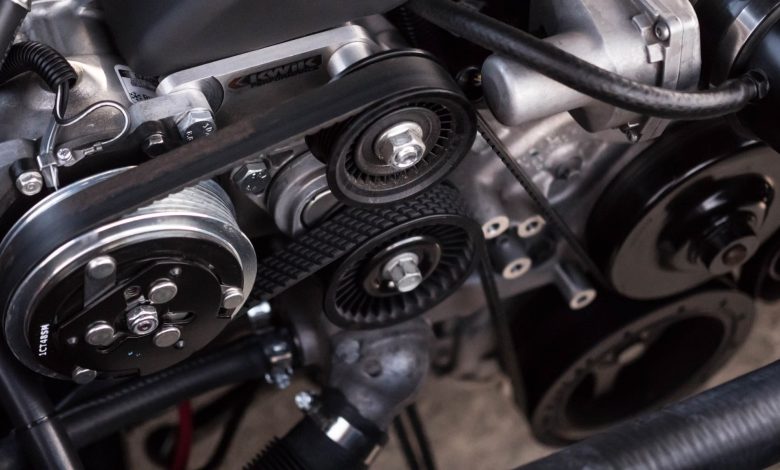Can Engine Tuning Improve Economy and Reliability?

Modifying a car’s engine is often seen as a source of increased speed and power, which helps to enjoy better vehicle performance. Increasing engine power has recently become a very popular choice for many drivers. But can engine tuning also deliver long-term economic and reliability gains? Today, the experts at LLLParts answer this question by denying common myths and misconceptions.
Engine Remapping
Engine remapping is modifying the engine control unit (ECU) to improve the vehicle’s performance. When the process is optimized correctly, increased fuel consumption and power simultaneously is possible. The primary factor is professionalism. Nevertheless, wrong remapping by non-specialists can lead to engine problems, such as reduced reliability, increased likelihood of engine failure, increased car fuel consumption, and more. For this reason, it is always worth contacting real specialists in their field because the equipment and experience they use will ensure the durability of the car and the excellent results of the modifications performed.
Upgrading engine components
Precision-engineered components play a vital role in boosting a vehicle’s power and efficiency. Upgrades like performance spark plugs, MAF sensors, and fuel injectors contribute to efficient combustion, a key factor in improving fuel economy. The use of lightweight materials such as aluminum or carbon fiber in car parts can also reduce the car’s weight, leading to better fuel consumption. To maintain these enhancements, LLLParts recommends regular car servicing and the use of high-quality auto parts, which can yield both short-term and long-term benefits. Of course, the engine power should be increased sensibly because too much power increase can also become a decisive aspect when it comes to the technical condition of the engine.
The importance of EGR, DPF, and AdBlue systems
The EGR, DPF, and AdBlue are central systems made particularly for diesel engine vehicles that help decrease emissions. Removing these systems is usually not suitable for cars or the environment. First, it increases the pollution caused by the vehicle and the possibility that the car’s warranty or MOT may be canceled. LLLParts experts say that while environmental systems can cause engine failure, properly maintained components usually last a long time and cause no problems at all.

Addressing common myths
The widespread myth is that increasing engine power always leads to significantly increased fuel consumption. LLLParts experts refute this myth, but emphasize that it is not recommended to perform engine improvement and power increase work at mechanics with a good reputation or knowledge of their work. Otherwise, there is a probability of encountering various engine problems and significantly increased fuel consumption.
Tuning a vehicle’s engine can provide economical and reliable advantages, but it should be done correctly by experienced mechanics. These days, properly used technologies can help effectively increase engine power and reduce fuel consumption at the same time. Although many believe that this requires the removal of ecological systems, this is not true. Specialists in their field are able to carry out engine modification and programming work, maintaining not only the functioning of ecological systems but also ensuring their durability and reliability.
